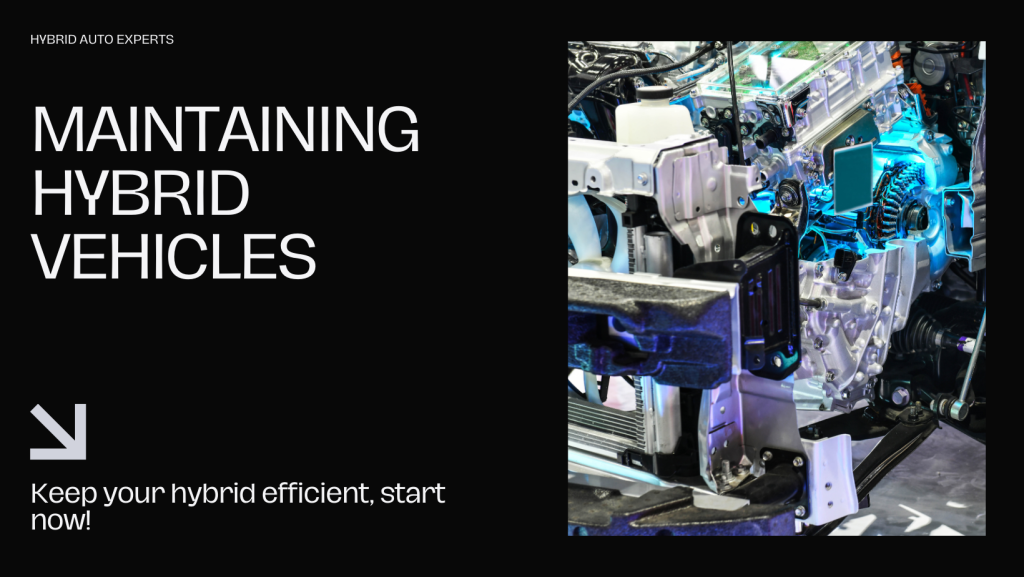
Hybrid vehicles represent a blend of conventional internal combustion engines and electric motors, offering increased fuel efficiency and reduced emissions. Proper maintenance is crucial to maximizing these benefits and ensuring the longevity of hybrid components. Here are some essential maintenance practices and tips for hybrid vehicle owners:
Regularly scheduled maintenance is essential for hybrid vehicles to maintain their efficiency and reliability. Follow the manufacturer’s recommended maintenance schedule, which typically includes oil changes, fluid checks, and inspections of hybrid-specific components.
Oil changes are necessary even in hybrid vehicles, although they may not require them as frequently as traditional gasoline-powered vehicles. Consult your owner’s manual for specific intervals, as they can vary depending on the vehicle model and usage.
Fluid checks, including coolant, brake fluid, and transmission fluid, are crucial for hybrid vehicle performance and longevity. Low or contaminated fluids can affect the vehicle’s efficiency and lead to mechanical issues.
Battery health is a critical aspect of hybrid vehicle maintenance. Depending on the vehicle model, hybrid batteries may require periodic inspections or conditioning to optimize performance and extend their lifespan. Follow manufacturer recommendations for battery maintenance to ensure optimal efficiency and reliability.
Brake maintenance is different in hybrid vehicles due to regenerative braking systems. These systems use the electric motor to slow down the vehicle, reducing wear on traditional brake pads and rotors. However, it’s essential to inspect and service the brakes regularly to ensure safe operation.
Tire maintenance is important for hybrid vehicles to maximize fuel efficiency and ensure safe handling. Check tire pressure regularly and rotate tires according to the manufacturer’s recommendations to promote even wear and maintain traction.
Software updates and diagnostic checks are essential for hybrid vehicles to maintain optimal performance and address potential issues. Visit a certified hybrid technician or dealership for software updates and comprehensive diagnostics tailored to your specific vehicle model.
Driving habits can significantly impact the efficiency and longevity of hybrid vehicles. Practice smooth acceleration and braking to maximize the benefits of regenerative braking and minimize wear on mechanical components.
In conclusion, hybrid vehicle maintenance requires a proactive approach to ensure optimal performance, efficiency, and longevity. By following these best practices and tips, hybrid vehicle owners can enjoy the benefits of reduced fuel consumption, lower emissions, and reliable transportation for years to come.

